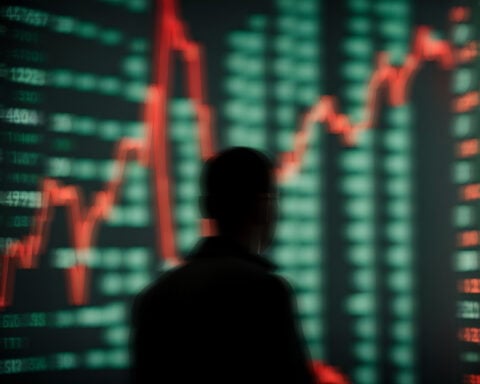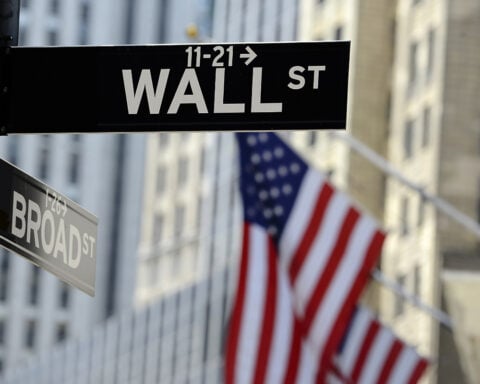In a time of escalating tensions and conflicts worldwide, Israel faces the daunting challenge of balancing its defense needs with economic stability, evoking memories of the tumultuous 1970s. As defense expenditures soar to unprecedented levels, economists and policymakers are raising red flags about the strain it imposes on the nation’s economy.
The roots of this economic concern can be traced back to the aftermath of the 1973 Yom Kippur War, when Israel ramped up defense spending in response to heightened security risks. The resulting economic downturn, known as the ‘Lost Decade,’ left a lasting mark on Israel’s economy. Now, as the country grapples with another surge in military expenditure, fears of history repeating itself loom large.
The ongoing conflict in Gaza is proving to be the costliest military engagement in Israel’s history, with the central bank estimating expenses to exceed 250 billion shekels ($67.4 billion) by 2025. Prior to the conflict, defense spending had hit a historic low of 4.5% of GDP. However, the demands of the current conflict are pushing this figure to double to 9% this year alone.
The economic impact of this surge in defense spending is already evident across various sectors of Israeli society. The once-booming tech industry, known for its innovation and growth, is grappling with labor shortages as hundreds of thousands of reservists are called up. Meanwhile, businesses, particularly those in the Tel Aviv area, are feeling the strain as consumer spending dwindles amidst wartime mobilization.
Adding to these economic challenges are concerns about the sustainability of Israel’s fiscal policies. Prime Minister Benjamin Netanyahu’s allocation of billions of shekels in spending, largely to appease ultra-Orthodox coalition partners, has economists worried about a potential “spiral of collapse.” They fear that this could lead to a mass exodus of highly educated, high-earning citizens seeking to avoid supporting large Orthodox families.
In response to these concerns, there are calls for a reassessment of Israel’s spending priorities. Economists urge the government to reconsider support for schools that fail to equip students for the modern job market and to review exemptions for ultra-Orthodox individuals from military service.
Furthermore, there are growing concerns that increased defense spending could come at the expense of crucial social investments. Israel already trails behind developed economies in areas like education and health, and diverting funds towards military enhancements could worsen these discrepancies, potentially hindering long-term economic growth.
Meanwhile, on the other side of the globe, China grapples with its own economic challenges. A slump in the property market has led to a decrease in household wealth, prompting Chinese households to increase savings in safe assets like deposits and cash. However, with declining interest rates, the future returns on these assets remain uncertain, adding another layer of complexity to the global economic landscape.
As Israel navigates the complexities of wartime spending and economic strain, the decisions made in the coming months will profoundly shape the nation’s economic path and have far-reaching implications for its society and security. The journey towards a more sustainable and prosperous future hinges on Israel’s ability to learn from its past and make prudent choices for the road ahead.







